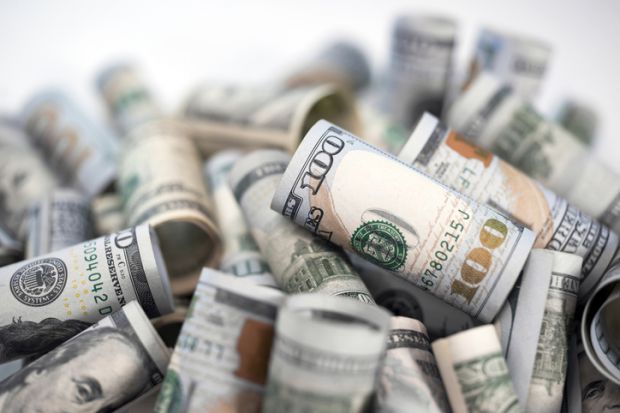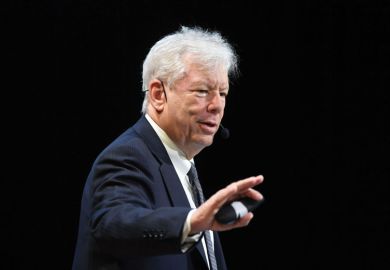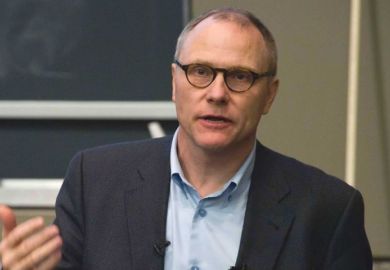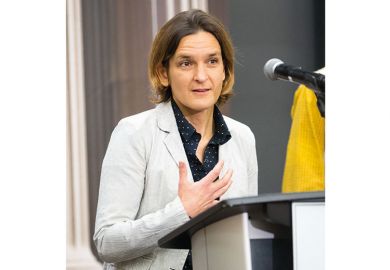Ben Bernanke, who led the US central bank during the 2008 financial crash, has won the Nobel prize that covers economics.
The former Federal Reserve boss, who is based at the Brookings Institute in Washington, was recognised for his work on banks in financial crashes and why avoiding bank collapses is vital.
Dr Bernanke shares the Nobel in economics – otherwise known as the Sveriges Riksbank Prize in Economic Sciences in Memory of Alfred Nobel – with Douglas Diamond, from the University of Chicago, and Philip Dybvig, from Washington University in St Louis, whose research focused on how to stop a run on a bank.
Dr Bernanke’s research, conducted in the 1980s when he was a researcher at Stanford University, New York University and finally Princeton University, analysed the Great Depression of the 1930s and showed how bank runs were a decisive factor in the crisis becoming so deep and prolonged.
He later put those insights to good effect when he was head of the Fed from 2006 to 2014, slashing interest rates and helping to organise bailouts of some of America’s biggest banks – a move criticised by some.
“The measures that were undertaken rest on the ideas that we recognise today,” said Stockholm University economist John Hassler, a member of the committee. “We can also note that even though the financial crisis had large consequences, neither that nor the Covid pandemic led to depression like in the ’30s.”
Excluding the Nobel prizes for peace and literature, the success of this year’s three American economics laureates means the US has had six Nobel winners this year with the rest of the world sharing four.
Register to continue
Why register?
- Registration is free and only takes a moment
- Once registered, you can read 3 articles a month
- Sign up for our newsletter
Subscribe
Or subscribe for unlimited access to:
- Unlimited access to news, views, insights & reviews
- Digital editions
- Digital access to THE’s university and college rankings analysis
Already registered or a current subscriber?








